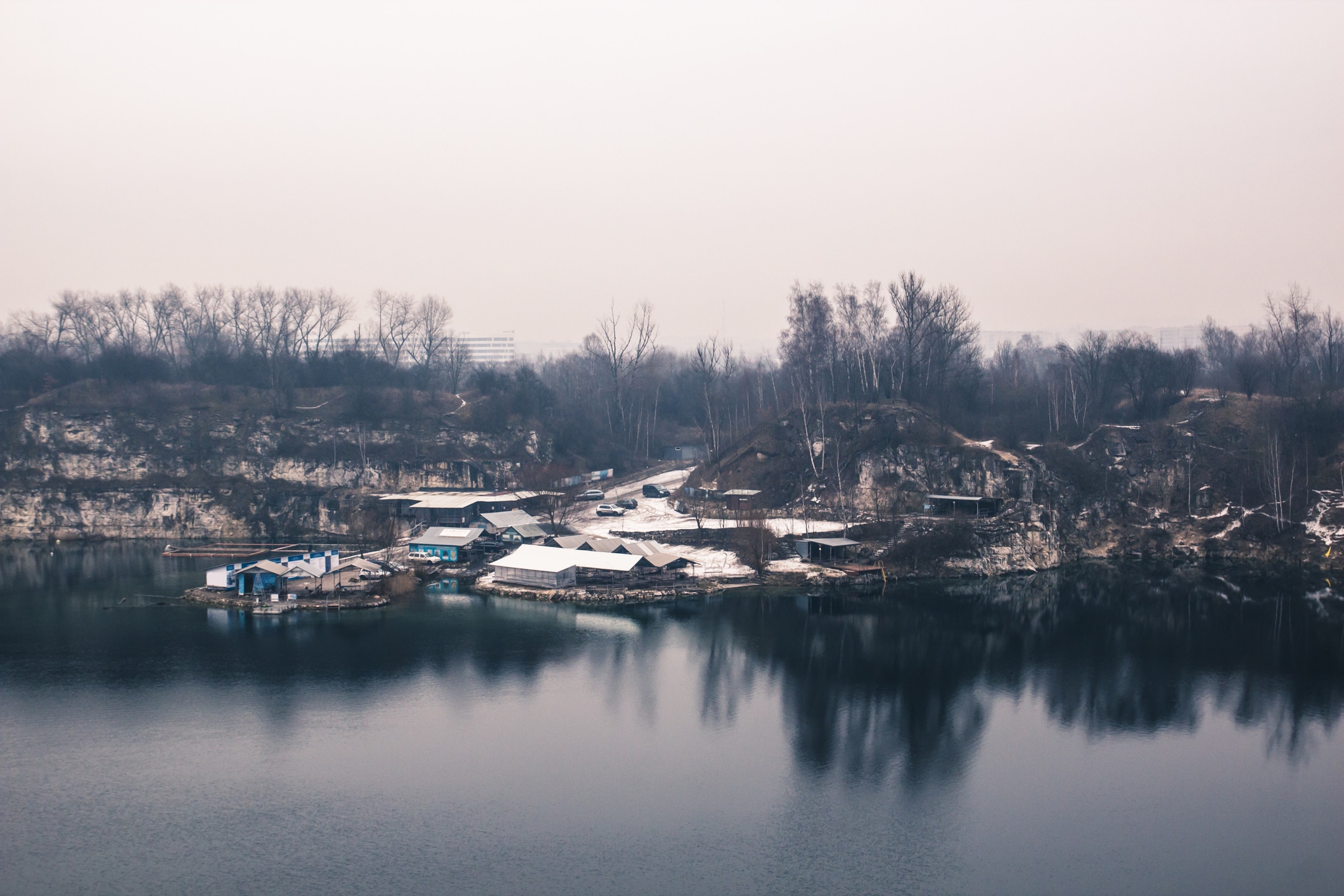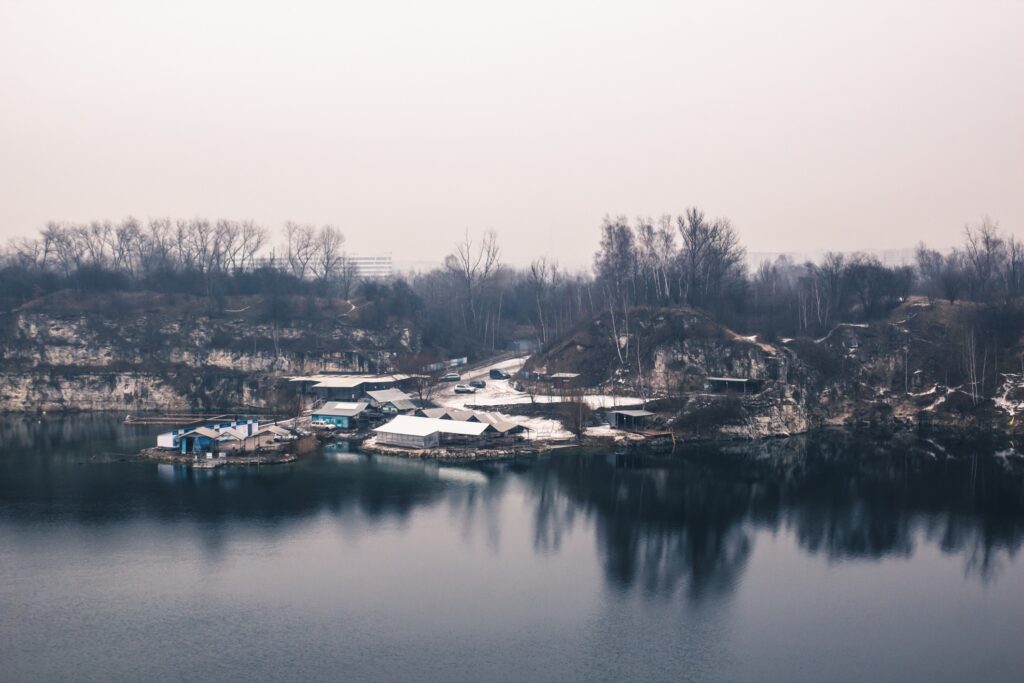Producing renewable energy that respects human rights
GoodBlog | read time: 3 min
Published: 30 November 2021

Between 2010 and 2020, the Business and Human Rights Resource Centre documented over 500 allegations of human rights abuses related to renewable energy projects, particularly in Latin America. These allegations included murders, threats, land-grabs, poor working conditions and impacts on the livelihoods of local communities. Such a catalogue clearly shows that the production of so-called “clean” energy cannot be done without due consideration for human rights.
What are the risks of human rights abuses in the renewables sector?
The risks of human rights abuses are present throughout the supply chain of renewable energy projects, from wind to hydro, solar, bioenergy and geothermal.
Many of these require the extraction of raw materials, in particular minerals, which pose numerous human rights risks around working conditions (child labour, health and safety risks, low wages, etc.). The impact of such mining activity on local populations also comes with human rights risks including pollution, land-grabbing, violence against populations and, in particular, against women. Further risks come with the transport of raw materials including human trafficking and forced labour, very common on ships and container ships.
Most new energies depend on the construction and maintenance of plants and factories all with the potential for human rights risks, such as dangerous working conditions (especially for migrant workers), and environmental risks, if not managed properly.
These risks are also present throughout the operation phase of the plants, factories or development projects. For example, the construction and operation of a dam may restrict access to water and land for local populations. This can lead to water pollution, and may also result in accidents, particularly when working conditions are abusive (long hours, lack of safety equipment, etc.).
Several NGOs have noted that the measures put in place by the renewable energy sector to respect human rights could be strengthened and improved. For example, Sherpa’s study of several due diligence plans shows that companies in the sector are not able to reconstruct their entire mineral supply chain, and do not present sufficiently detailed risk mitigation and remediation measures.
Implementing responsible risk management in the renewables sector
In parallel, a growing number of states are developing more stringent legislation to require large companies to conduct due diligence on their potential risks and impacts. The expectations of NGOs and civil society are also growing. While companies in the oil and gas sector have been scrutinised for several years for their environmental and human rights practices, and thus encouraged to implement new measures, there are also many risks in the renewable energy sector. The development of this sector cannot be achieved without a responsible human rights policy.
Renewable energy companies must therefore allocate the necessary resources to identify and prevent risks and, where necessary, address human rights impacts. As a first step, Companies can start by familiarising themselves with the issues faced by certain high-risk sectors, such as extractive industries and oil and gas, and base their programs on the areas of improvement developed by these sectors.
Five steps to responsible human rights management in renewables
1. Adopt a holistic approach based on identifying risks along the entire value chain and considering impacts on people (not the company),
2. Develop and implement a human rights strategy in consultation with internal and external stakeholders,
3. Monitor and evaluate the measures implemented,
4. Development of effective complaint and remediation mechanisms,
5. Pay special attention to vulnerable groups, including women, children, migrant workers and indigenous peoples.
Today, investors are demanding greater human rights safeguards, while civil society is expressing strong expectations and governments are promoting corporate social responsibility. The energy transition is part of this evolution and renewable energy companies should implement their responsibility to respect and promote human rights and remedy any impacts.
Human rights are becoming an increasingly important part of GoodCorporation’s assessment and advisory work as companies become more mature on the subject. GoodCorporation works with companies to identify, prevent and remediate human rights impacts within their operations and throughout their business relationships. We evaluate human rights management programmes and help companies to build and strengthen their human rights procedures.
work with us
